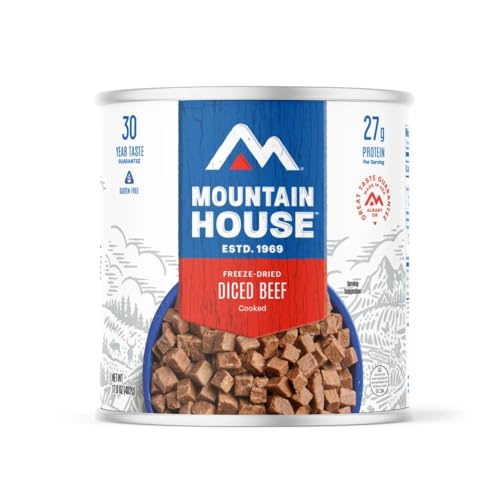Will be heading down hill in a couple days but in the meantime, it's 38 degrees this morning. My new-to-me Class B PleasureWay has its own propane furnace so I turned it on for the first time (other than to test it). It was 60 degr inside; in about 15 mins, it was 65. But sheesh, that thing is noisy and the air coming out was warm but not that "oh man that feels good" heat.
Being the good scout, I have backup for everything. Out came the ole Mr Heater Buddy, left over from my home built van days. MUCH better! In less than five minutes, on high, it went from 60 to 66. And it's the "ahhh" heat. I run it off the little green bottles (easy, no hoses, no filters, easy storage, light weight, and available everywhere) with a small battery operated fan tucked under the handle on top to circulate the heat. Quiet, simple, and oh so much better.
No comparison. So from now on, the only reason to use the onboard propane is for the cook top. And maybe the water heater.
Being the good scout, I have backup for everything. Out came the ole Mr Heater Buddy, left over from my home built van days. MUCH better! In less than five minutes, on high, it went from 60 to 66. And it's the "ahhh" heat. I run it off the little green bottles (easy, no hoses, no filters, easy storage, light weight, and available everywhere) with a small battery operated fan tucked under the handle on top to circulate the heat. Quiet, simple, and oh so much better.
No comparison. So from now on, the only reason to use the onboard propane is for the cook top. And maybe the water heater.


































